29 Sep, 2025
By: Suddhabrata C, Forestry and Biodiversity Advisor
In Barmer, Rajasthan, a group of farmers decided they would no longer remain invisible in agriculture. They formed Maru Laxmi, a farmer producer organisation that today counts more than 300 members. “I once had a small idea to take the spices from our fields into kitchens far away” recalls Heero Devi, now a director of the collective.
For generations, women have been the backbone of Indian agriculture. They sow, weed, harvest, thresh. Yet their names rarely appear on land titles or loan forms. Their voices often go unheard in village meetings. When these women came together to form a collective, it was about claiming space for themselves.
However, they needed a push from the sustainable farming front so to align with the food safety, quality, and sustainability standards, for accessing new markets and global buyers. The push came through the project ‘Enhancement of Smallholder Spice Farmers’ Capacities in Sustainable Farming’ under the develoPPP.de programme, led by GIZ with partners AVT McCormick Ingredients and McCormick Switzerland. Through training sessions in composting, sorting, and packaging, the women learned to cut chemical use and improve quality. They also picked up business skills such as how to brand, how to negotiate, how to meet the exacting standards of global buyers.
“Moving away from fertilisers has doubled our income in three years”,& says Champa Choudhary, one of the directors. “But more than that, it has given us the courage to bring other women along”.
The courage showed at BIOFACH India 2025, the country’s biggest organic trade fair. For the first time, women from Maru Laxmi walked the halls as entrepreneurs. They sat across tables from exporters, held samples of their cumin in carefully labelled packets, and spoke on stage about their journey from village meetings to international markets.
“Women have always worked as hard as men in the fields, yet for years we didn’t get the same benefits. I still remember how, in the early meetings, women would sit on the floor while men sat on chairs” recalls Kanta Bai, a founding member. “Now, three years later, we sit at the same table, making decisions ourselves to grow our business bigger and more sustainable.”
Studies suggest that female farmers participating in organic systems report gains in health, food security, and bargaining power. But these gains are not automatic: they require access to knowledge, networks, markets, and institutional support. Across several countries, studies have shown that women’s economic empowerment is closely linked with the adoption of sustainable agricultural practices, ranging from traditional and innovative climate-smart methods and efficient resource use to more resilient and environment friendly farming systems. Therefore, when women are not passive recipients but active decision-makers, agroecological transformation is more equitable and resilient.
In Maru Laxmi’s story, the gains are visible in numbers such as higher incomes, re-alligned power and the deeper shift is in their confidence. Women who once hesitated to speak now stand shoulder-to-shoulder, deciding the future of their collective.
The challenges still remain be it the access to land, the burden of housework, norms that still pull them back. Yet the women know the path they have opened. Cumin seeds, small as they are, now carry the story of women who turned labour into leadership and gave their spices a new taste of equality.
develoPPP is a funding programme of the German Federal Ministry for Economic Cooperation and Development (BMZ). It is aimed at companies that want to invest sustainably in a developing or emerging country and expand their local operations. Prerequisites for support are a long-term business interest in the country and a sustainable development benefit for the local people. With develoPPP Classic and develoPPP Ventures, the programme offers customised funding opportunities for already well-established enterprises as well as aspiring start-ups. develoPPP is implemented by two experienced partners in German development cooperation: DEG Impulse gGmbH and Deutsche Gesellschaft für Internationale Zusammenarbeit (GIZ) GmbH. www.develoPPP.de/en
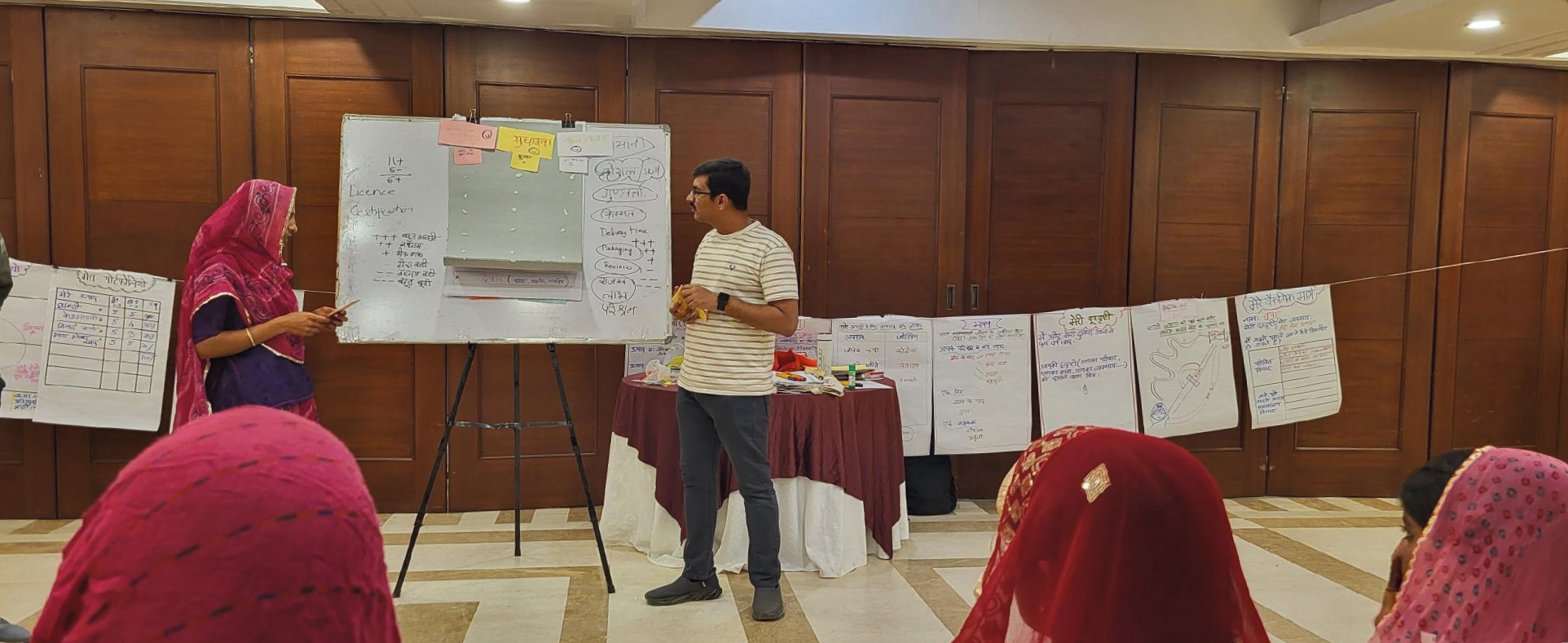
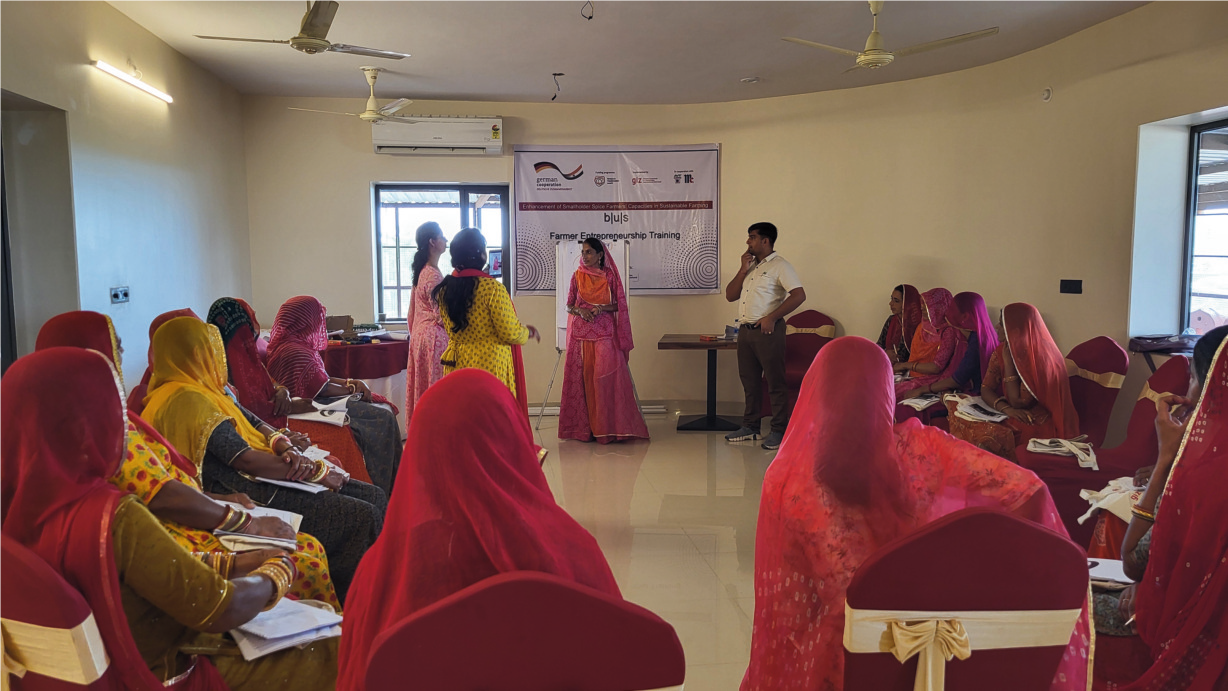
Figure 1: Maru Laxmi FPO members participating in agribusiness enterprise development trainings
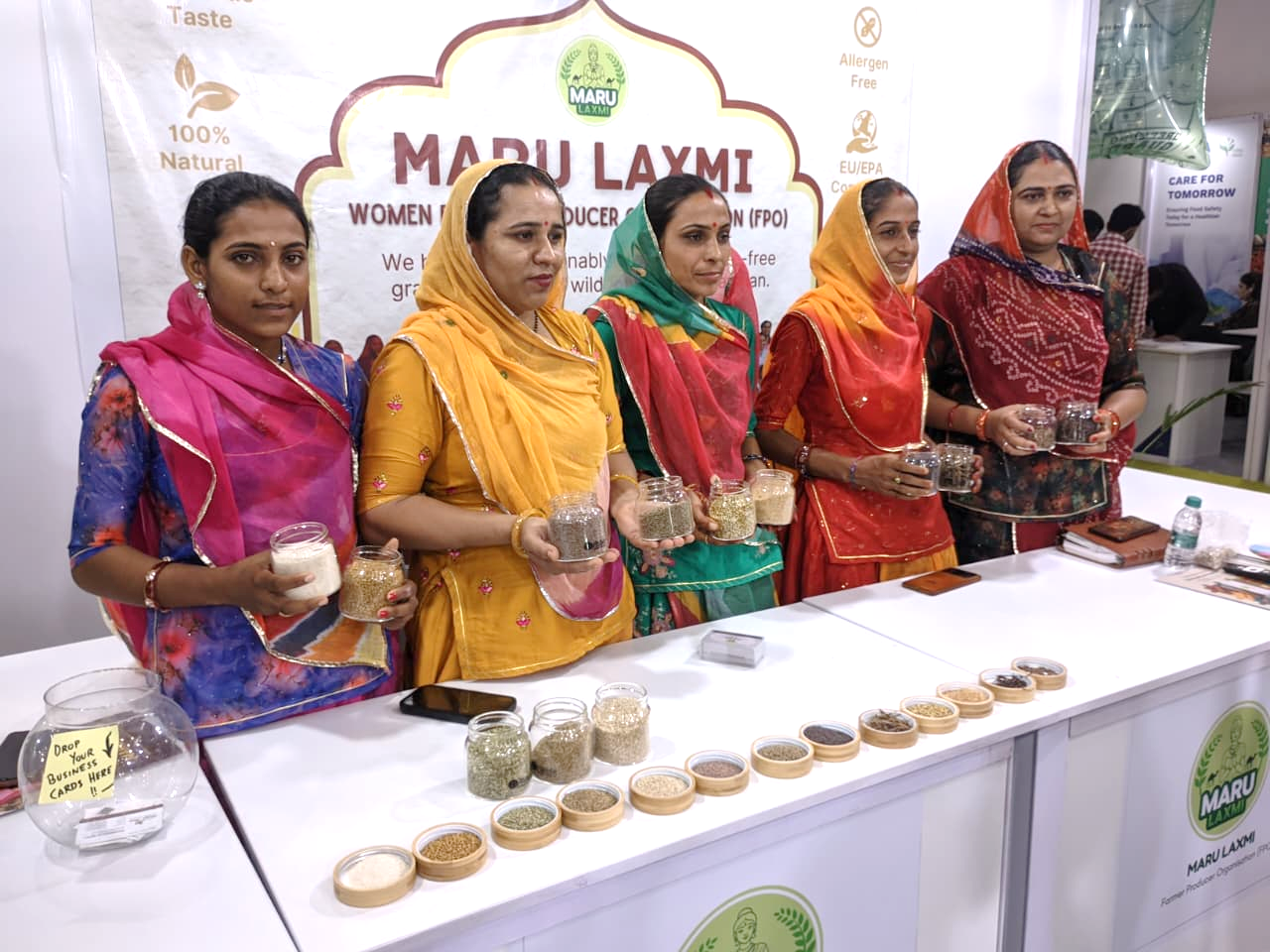
.png)
Figure 2: Maru Laxmi FPO members displaying their products in BIOFACH 2025
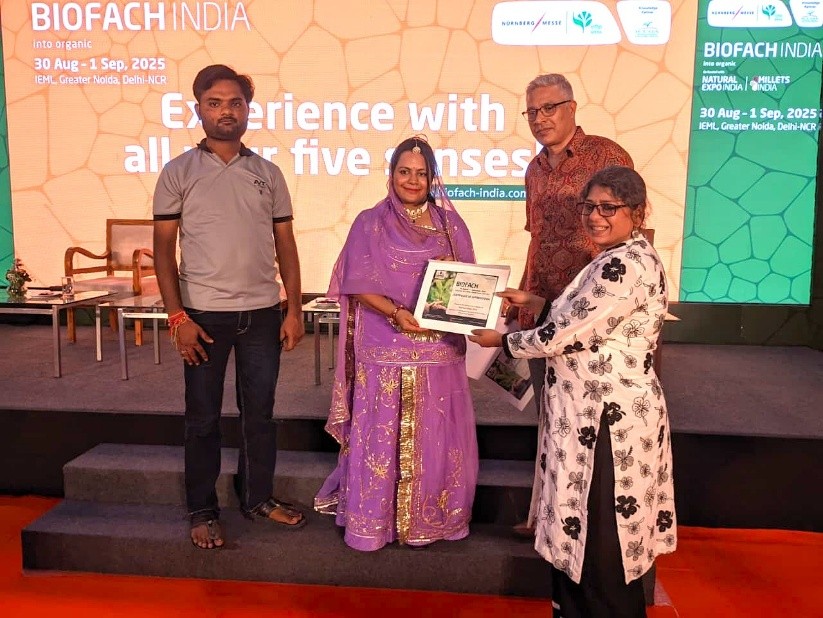
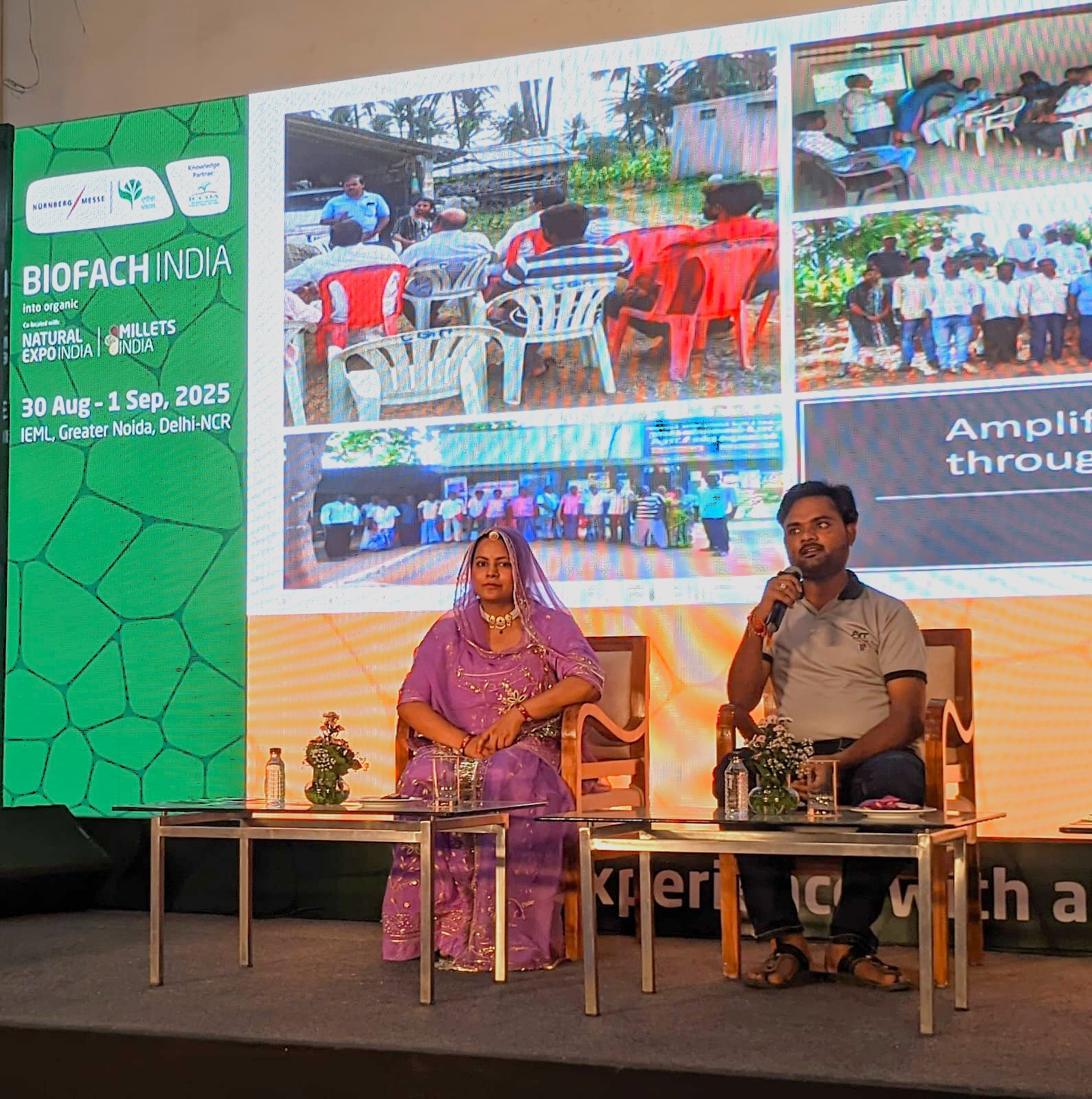
Figure 3: CEO, Maru Laxmi FPO sharing her experience during a session on "Sustainable spice farming in India" at BIOFACH 2025
We would like to hear from you. Write to us by clicking on the feedback button on top.
© 2014 IGBP. All Rights Reserved.
Site By: Virtualpages
